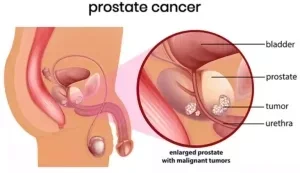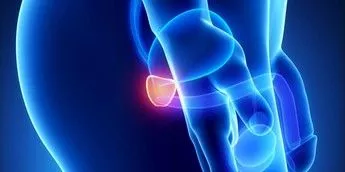![Does frequent ejaculation reduce cancer risk? [istockphoto] Does frequent ejaculation reduce cancer risk? [istockphoto]](https://static.netnaija.com/i/k37lM1eZaPd.webp)
Does more sex mean less prostate cancer risk in men?
Different research have investigated whether infrequent sexual activity makes prostate problems worse in men.
A large Harvard study suggests men who ejaculate more frequently may have a lower risk of prostate cancer. The research kept track of over 30,000 men for nearly 20 years. The finding? Those who ejaculated more than 20 times per month had a 20% reduced risk compared to those who did only four to seven times.
The reason behind this is unclear, but one theory is that infrequent ejaculation allows potentially harmful substances to build up in the prostate, increasing cancer risk. This is exciting because, unlike things like age or genetics, ejaculation frequency is something we can control.
However, there are some caveats. The study doesn't prove ejaculation causes lower cancer risk; it just shows an association. Other factors not considered could explain the link. More research is needed to confirm this potential benefit.

Furthermore, not all studies agree on the specific age range where this benefit is strongest. Some suggest the 20s and 40s, while others point to the 30s or even later life. More studies are needed to clarify this too.
In 1989 and 1990, 2115 white men aged 40-79 from Olmsted County were recruited. They completed a self-administered questionnaire to assess lower urinary tract symptoms, and 81% reported ejaculation frequency in the previous month.
Initial findings was that men who ejaculated at least once a week seemed to have milder prostate problems compared to those who didn't. The more frequent the ejaculation, the better the symptoms appeared.
But hold on; after considering the men's age, the apparent link between sex and prostate health vanished. It seems younger men who are sexually active are also generally healthier, leading to the initial observation.
The bottom line is that this study suggests that frequent sex doesn't directly impact prostate issues. Older men might have both less sex and more severe symptoms, creating a misleading connection. More research is needed to fully understand the complex relationship between sexual activity and prostate health.
So, while the connection between frequent ejaculation and reduced prostate cancer risk is promising, it's not yet definitive.


















Comments